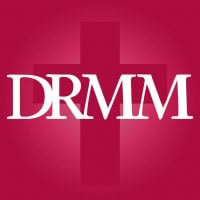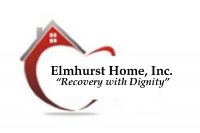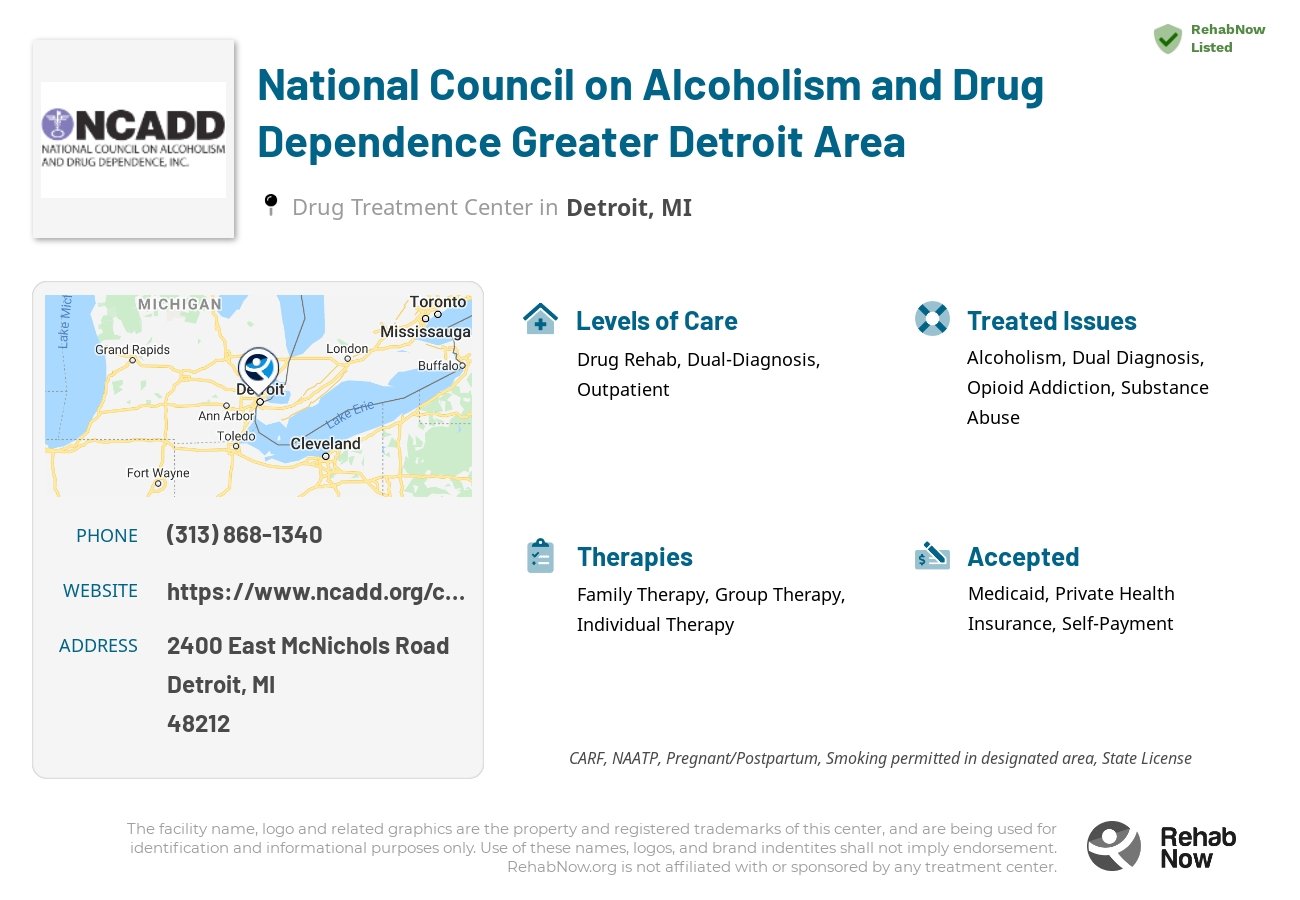
National Council on Alcoholism and Drug Dependence Greater Detroit Area
Drug Rehab Center in Detroit, Michigan
- Substance Abuse
- Opioid Addiction
- Dual Diagnosis
- Drug Addiction
- Alcoholism
NCADD-GDA is a nonprofit organization that offers a range of programs and services for individuals and families affected by addiction, substance abuse, and co-occurring disorders, including counseling, outpatient and inpatient services, educational resources, and support groups.
About This Michigan Facility
National Council on Alcoholism and Drug Dependence Greater Detroit Area is an addiction treatment facility located in Detroit, Michigan. Founded in 1944, it has been offering support and treatment for individuals suffering from alcoholism and drug addiction for over 75 years. This well-established facility aims to help individuals overcome their addiction through various levels of care, including drug rehab and outpatient programs. They specialize in treating specific addictions such as opioid addiction, substance abuse issues, and dual diagnosis cases. With a focus on providing quality care, National Council on Alcoholism and Drug Dependence Greater Detroit Area is committed to helping individuals find recovery and leads healthier lives.
National Council on Alcoholism and Drug Dependence Greater Detroit Area offers a comprehensive range of services and treatment methods to address addiction and substance abuse issues. Their specialized programs cater to those dealing with alcoholism, opioid addiction, substance abuse problems, and dual diagnoses. Using evidence-based approaches, they utilize a combination of counseling, therapy sessions, educational programs, and ongoing support to assist individuals along their recovery journey. Additionally, the facility provides options for different levels of care based on the severity of the addiction or personal preferences, including both inpatient rehab and outpatient programs. With a focus on individualized treatment plans tailored to each client's unique needs, National Council on Alcoholism and Drug Dependence Greater Detroi's dedicated team strives to guide individuals towards long-lasting recovery.
Genders
Ages
Modality
Additional
Conditions and Issues Treated
Substance abuse is defined by the continued use of drugs or alcohol despite negative consequences, such as legal or work problems. It can be treated using a variety of services, including therapy and medication.
Substance abuse treatment is beneficial for:
- People who have been using drugs or alcohol for a long time.
- People who have been using drugs or alcohol to cope with stress, anxiety, or depression.
- People who have a mental health disorder in conjunction with substance abuse.
- People who continue to use drugs or alcohol despite the harmful effects they cause on their own life and the lives of others.
- People who have had multiple failed attempts at recovery without medical assistance.
If you believe that addiction treatment is right for you or a loved one, you can contact your primary care physician, or search for addiction treatment centers in your area. Treatment is beneficial to people who are motivated towards recovery, and who understand the benefits of professional care.
Opioid addiction is the result of repeated use, or abuse, of opioid drugs. It is recommended for people who are dependent on opioids, or who have a high risk for dangerous health concerns, to seek professional treatment. Treatment plans usually include behavioral therapy and medication-assisted treatment.
Opioid drugs include: fentanyl, heroin, methadone, oxycodone, and oxymorphone.
Opioid addiction treatment is beneficial for:
- People who have a history of severe withdrawal.
- People with a high risk for dangerous health concerns.
- People having difficulty overcoming opioid addiction on their own.
There are different kinds of Dual Diagnosis:. A person who simultaneously experiences both a mental illness and an addiction disorder. Or, a person who experiences one or more coexisting (simultaneous) mental health conditions in addition to a primary substance use disorder.
The treatment requires a multi-disciplinary approach, it’s crucial for individuals to partner up with a healthcare provider who understands all the recovery components.
Levels of Care Offered at National Council on Alcoholism and Drug Dependence Greater Detroit Area
This center offers a variety of custom treatment tailored to individual recovery. Currently available are Drug Rehab, Dual-Diagnosis, Outpatient, with additional therapies available as listed below.
The outpatient programs in Detroit, MI are for those addicted drugs or alcohol. The goal of the outpatient rehabilitation program is to make them stop abusing drugs or alcohol, reduce drug use or addictive behaviors, and become entirely sober. It is generally required to attend the outpatient program for 10-12 hours every week.
Patients can be administered on-the-spot medication to ease withdrawal symptoms such as anxiety, increased heart rate, and even depression. Groups such as Alcoholics Anonymous (AA) and Narcotics Anonymous (NA) can be used as a part of outpatient treatment to help maintain sobriety.
Therapies & Programs
People in addiction recovery can benefit from individual therapy. This type of therapy involves meeting with a therapist one-on-one. This allows for a personal and trusting relationship to be built so that the patient can be truly themselves and express any emotions they feel. Individual therapy leads to greater understanding and peace about your triggers for addiction and coping strategies to prevent relapse.
Family therapy is a type of group problem-solving that aims to improve communication and relationships between the patient, their family, and sometimes friends. The main goal of family therapy for drug addiction is to create an environment where communication can occur without judgment, hostility, or blame. The therapist is with the family as they learn to communicate with each other differently, especially with the addict when s/he is using.
Group therapy sessions are held in rehab facilities, clinics, churches or community centers that offer drug addiction treatment. People who attend these groups are encouraged to voice their feelings and support other addicts in recovery. This helps group members strengthen their own recovery program while cheering on others who are struggling with sobriety.
Group therapy sessions provide recovering addicts with a chance to cope with everyday situations that many face. Group therapy sessions are held in rehab facilities, clinics, churches or community centers that offer drug addiction treatment.
People who attend these groups are encouraged to voice their feelings and support other addicts in recovery. This helps group members strengthen their own recovery program while cheering on others who are struggling with sobriety.
Payment Options Accepted
For specific insurance or payment methods please contact us.
Is your insurance accepted?
Ask an expert, call (888) 674-0062
Additional Details
Specifics, location, and helpful extra information.
Detroit, Michigan 48212 Phone Number(313) 868-1340 Meta DetailsUpdated November 25, 2023
Staff Verified
Patient Reviews
There are no reviews yet. Be the first one to write one.
Detroit, Michigan Addiction Information
Michigan has the second-highest rate of drug and alcohol abuse in the nation. Heroin is linked to more than 50% of the state's hepatitis C cases. Marijuana is the drug most often associated with crimes in Michigan, followed by methamphetamines. Opioids alone are responsible for almost 20% of all drug overdose deaths in Michigan.
Over 1,000 drug-related overdose deaths occurred in Detroit, Michigan, in 2017 alone. Opioids (42%) and benzodiazepines (22%) are the most common drugs involved in overdose deaths. Drug overdoses killed more people in 2016 than homicides. In Detroit, Michigan, there are a variety of drug rehab centers to choose from. The most important thing is to find a facility that will best meet the needs of the individual.
Treatment in Nearby Cities
- Dearborn Heights, MI (11.4 mi.)
- Saint Ignace, MI (252.8 mi.)
- Fraser, MI (10.7 mi.)
- Harper Woods, MI (8.0 mi.)
- Lincoln, MI (157.7 mi.)
Centers near National Council on Alcoholism and Drug Dependence Greater Detroit Area



The facility name, logo and brand are the property and registered trademarks of National Council on Alcoholism and Drug Dependence Greater Detroit Area, and are being used for identification and informational purposes only. Use of these names, logos and brands shall not imply endorsement. RehabNow.org is not affiliated with or sponsored by National Council on Alcoholism and Drug Dependence Greater Detroit Area.



